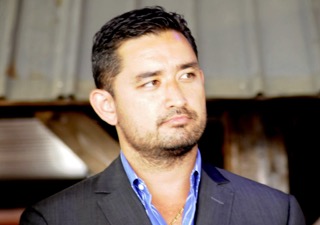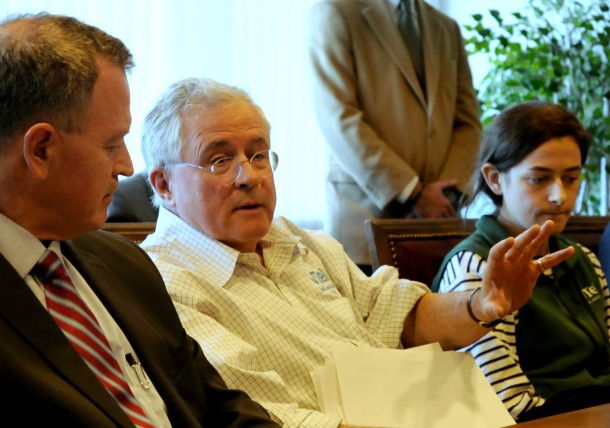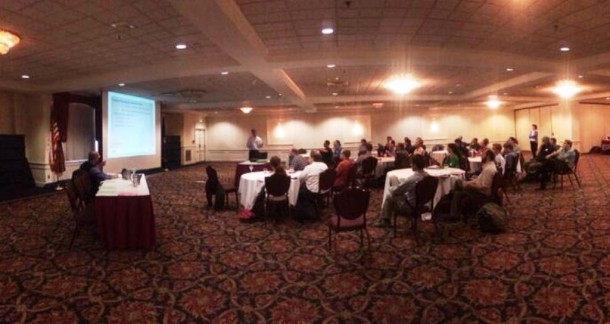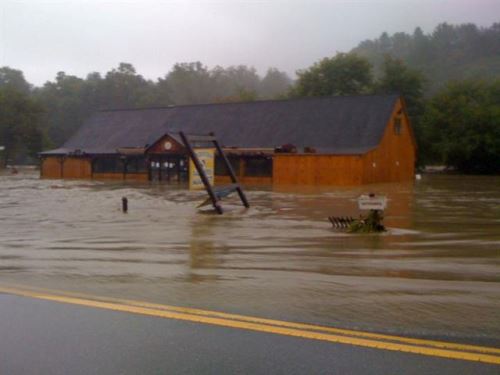Q Empire: The man behind the Northeast Kingdom’s biggest plan
3332 words / VTDigger.org
Ariel Quiros is the entrepreneurial force behind Jay Peak ski resort and the $600 million Northeast Kingdom Economic Development Initiative – one of the largest development projects ever attempted in Vermont.
Though the project is high profile, Quiros is not. The international tycoon, though sometimes seen, is seldom heard.
The first generation American stands out at press conferences for his mystique: When he’s not got the ear of the governor, Quiros is most often seen standing uncomfortably before a crowd with pursed lips, staring silently and expressionless, at nothing in particular, through ice blue eyes.
Quiros quietly presides over an integrated set of projects that together constitute the largest private investment Vermont has ever seen: expansions at Jay Peak, development of the newly renamed Q Burke Mountain ski area, the mixed use Renaissance Block planned for downtown Newport, the future site of a biotech firm in the same town, and the promise of a new and improved Newport State Airport in Coventry.
“I make the vision,” he says quietly, a touch of gravel in his voice after 20-plus years of smoking.






